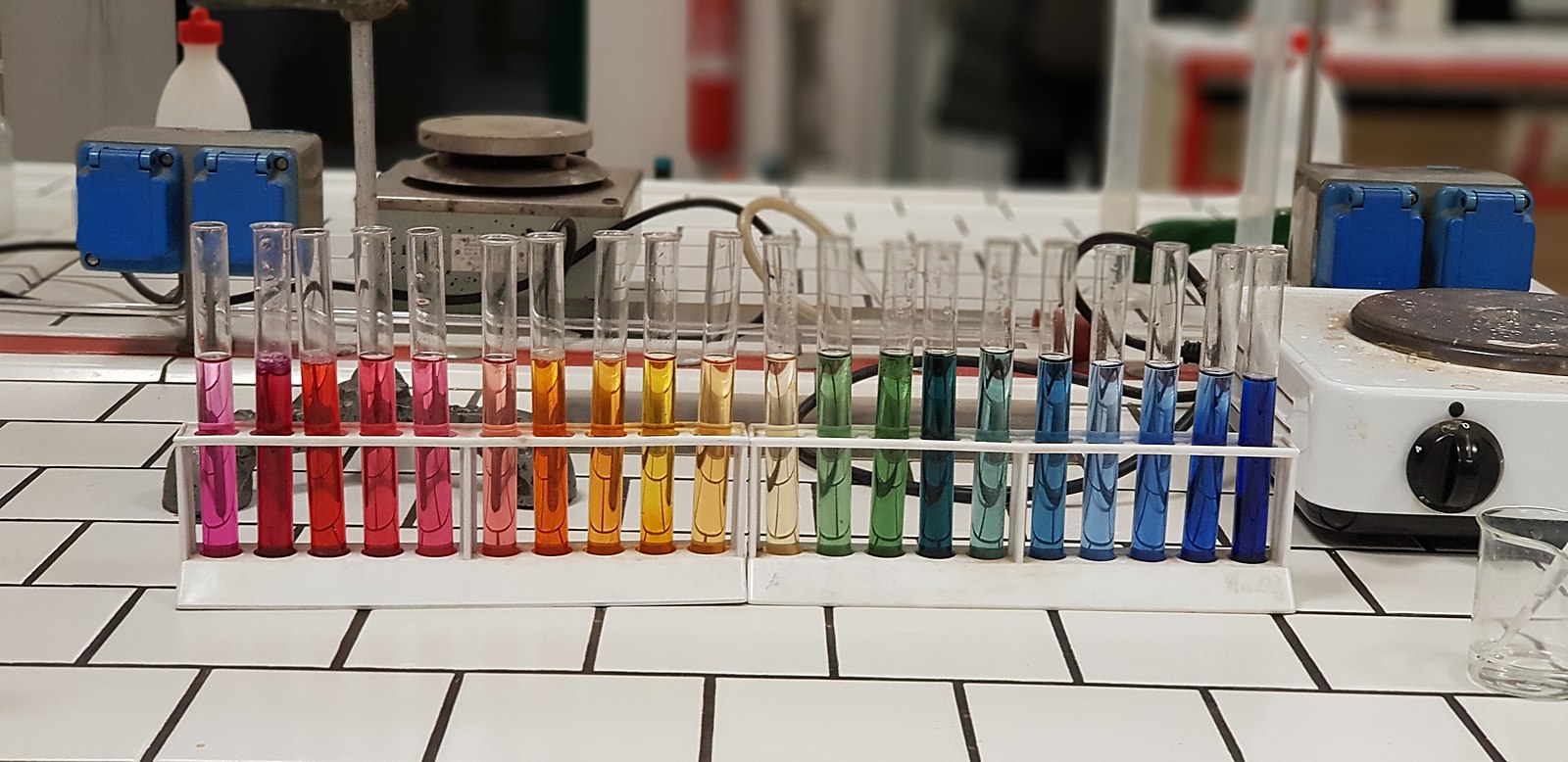The pH of magnetic water is a topic that has garnered significant interest among those who utilize magnetic treatment for water. Magnetic water treatment is believed to alter the properties of water, including its pH, but the scientific evidence on this matter has been mixed.
Understanding the Basics of Magnetic Water Treatment
Magnetic water treatment is a process where water is exposed to magnetic fields, which are believed to alter the physical and chemical properties of the water. This process is often used to address issues such as scale buildup, corrosion, and water hardness.
During the magnetic water treatment process, the water is passed through a magnetic field, which is thought to rearrange the water molecules and change the structure of the water. This, in turn, is believed to affect the pH of the water.
The Fluctuating pH of Magnetic Water
Several studies have explored the impact of magnetic fields on the pH of water. Yamashita et al. (2003) found that the pH of water fluctuated by approximately 0.05 to 0.1 pH units following several hours of exposure to magnetic fields. Similarly, a study on ResearchGate found that the pH of water varied depending on the intensity of the magnetic field and the time of exposure.
However, not all studies have found a significant impact on the pH of water. A study published in ACS Publications found that passing doubly distilled water through magnetic fields in the range of 0 to 24,000 G did not result in any changes in pH.
The Alkalinity of Bio-Magnetic Water
Bio-magnetic water, which is water that has been treated with magnetic fields, is believed to have a pH as high as 9.2, making it more alkaline than regular tap water. This is attributed to the presence of more hydroxyl (OH-) ions that form alkaline molecules, reducing the acidity of the water.
The increased alkalinity of bio-magnetic water is thought to be beneficial for delivering nutrients to cells and promoting the healing of wounds and burns. The reduced surface tension of the water is also believed to make it more absorbable by the body.
Factors Affecting the pH of Magnetic Water
It is important to note that the pH of magnetic water can vary depending on several factors, including:
- Intensity of the magnetic field: The strength of the magnetic field can influence the degree of change in the pH of the water.
- Duration of exposure: The length of time the water is exposed to the magnetic field can also affect the pH.
- Type of water: The initial pH and mineral content of the water being treated can impact the final pH of the magnetic water.
Balancing the pH of Magnetic Water
To balance the pH of magnetic water, one can add acidic or alkaline substances to the water. For example, adding a small amount of lemon juice or vinegar can lower the pH, while adding baking soda or a pH-raising solution can increase the pH. It is important to add these substances slowly and in small quantities, monitoring the pH regularly until the desired level is reached.
Conclusion
The pH of magnetic water is a complex and intriguing topic that has been the subject of various scientific studies. While some research has shown that magnetic fields can alter the pH of water, other studies have not found any significant changes. It is essential to monitor the pH of magnetic water regularly and make adjustments as needed to ensure that it is within the desired range.
References:
– Yamashita, J., et al. (2003). Magnetic Field Effects on pH and Electrical Conductivity. Link
– ResearchGate study on the effect of magnetic fields on water pH. Link
– Information on bio-magnetic water and its alkalinity. Link
– Study on the change in physical properties of magnetic water. Link
– ACS Publications study on the effect of magnetic fields on water pH. Link

